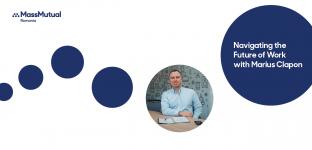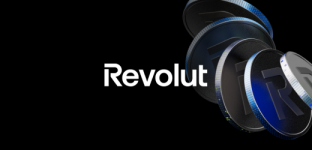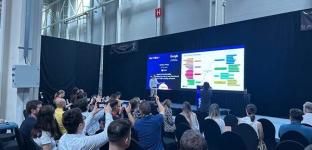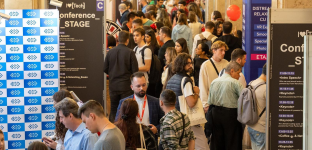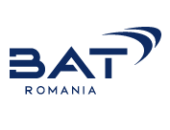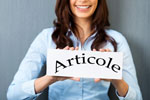
Help us shape the future of energy while you build your own
The energy transition is in full swing – and we play a vital role in an energy landscape that is characterized by increasing energy demand, decentralization, decarbonization, and digitalization.
Siemens Energy has a long tradition of dealing with complex interconnected energy projects.
High-voltage Direct Current (HVDC) technology is central to realizing the energy transition, but must continuously meet more stringent performance requirements.
Our ever-evolving HVDC technology is rising to meet the challenge of integrating more and more renewable energy sources, such as offshore wind power, to the existing grid.
But honestly, technology alone won’t make the difference: it is our people and their passion for innovation.
We need the power, the energy, and the force brought into future teams by open-minded young professionals.
Marian Costea, Head of Electrical Systems, Control & Protection, Competence Hub Romania, and Nicholas Cherouvim, Team Lead, HVDC Control, and Protection Department, at Siemens Energy, are already in the middle of helping to shape the energy transition.
Christina: What (entry) opportunities does Siemens Energy offer for students and graduates and especially in what areas are you hiring?
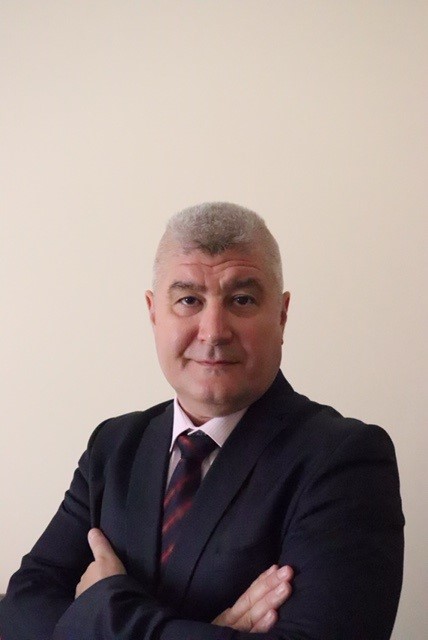 Marian: There is a solid agreement within Siemens Energy that the future team cannot exist without young engineers. We need the power, the energy, and the force brought into the team by the young professionals.
Marian: There is a solid agreement within Siemens Energy that the future team cannot exist without young engineers. We need the power, the energy, and the force brought into the team by the young professionals.My colleagues and I look into developing relations with the prestigious universities from Romania for identifying the students that wish to join our efforts and we develop ways for those young engineers to choose their favorite specialty and develop a professional career with us.
One student asked me once: “What qualities should the student have to be hired by Siemens Energy?” As I found the question very smart, the answer is very simple: aside from basic knowledge in the area of power transmission and distribution, we need the student to be open-minded, to think out of the box, to be motivated, and bring along positive energy.
We offer two programs, aimed at students with a Bachelor’s or Master’s degree in a related domain, that offer a stay abroad to acquire their knowledge and the know-how under a direct mentorship. The programs opened so far are:
- Young Professional Electrical Engineer for HVDC Design and Configuration – for those young engineers having not more than 4 years of experience and who intend to develop a career in the engineering side of the HVDC working close with the developers of the state-of-the-art technolog
- Siemens Energy Graduate Program – Engineering – for fresh graduates, without any work experience, ready to develop a career with Siemens Energy;
Christina: Marian and Nicholas, can you give us a little overview of what your responsibilities are and what is driving you in your daily business?
Marian: After about 30 years of work in Power Transmission and Distribution at the national and international level, I received the ambitious and challenging task of setting up a team of specialists for engineering the HVDC Control and Protection as integrated part of a global team of experts led from Germany with branches in UK and India.
I said ambitious because we aim that within a period of 2 to 3 years, we shall have a team strong enough – in terms of numbers as well as knowledge and capability – to perform at the global level of competency, to achieve tasks within HVDC projects that are foreseen to be developed globally, but also in our home country, Romania.
Nicholas: I have the exciting job of leading a team for the development of HVDC controls. In my team we develop the logic which makes sure that the power from offshore wind parks gets to the onshore grid in a reliable and efficient manner.
We develop special functionalities also, including so-called grid forming controls, that actively support the electric network in case of any problems in other parts of the grid.
My responsibilities include detailed technical discussions with my team members and keeping developments on-time, on-cost and with the required quality.
As a team leader I also discuss the needs of my team, get their feedback, both on technical and non-technical topics, and work with them towards their individual development.
Working both with people and, at the same time, with some of the most interesting technical aspects in the energy landscape today, really fires my motivation and keeps me enjoying every day.
Christina: What are your favorite aspects about the Siemens Energy culture and workplace?
Marian: At Siemens Energy, it is our people and their passion for innovation that make a difference by energizing society.
A long heritage in engineering and innovation inspires us to focus on our top priorities: combating climate change and addressing increasing energy demands.
We are experts from different fields with a “can-do” spirit that drives us to make the future of energy different, starting today.
Nicholas: When joining the Siemens Energy team, you choose to define both your own future and that of generations to come.
You will get involved in projects that will shape a new energy landscape – which may seem impossible at times – but with the support you will get, anything is possible.
Christina: Describe something special or unique about your experience working on a global team?
Nicholas: At Siemens Energy, you work closely with people across the globe and have access to a network of people that are willing to mentor you, answer questions, or just give advice.
You will grow and feel inspired by our diverse global teams, winning over challenges together and making a real impact.
People have a collaborative mindset to partner with our different stakeholders, so we can make tomorrow different today. The energy transition starts with all of us.
Christina: Where do we stand with the energy transition and what are the challenges that must be mastered going forward?
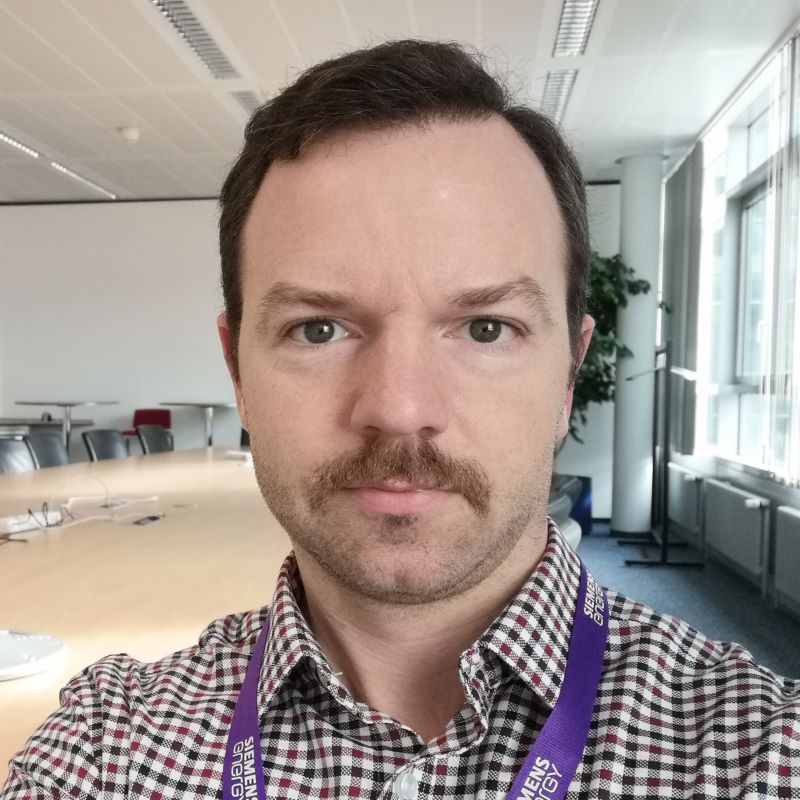
Nicholas: The energy transition to zero-emissions generation is in full swing.
This is apparent in the news, political discussions, and elsewhere. The Siemens Energy ever-evolving HVDC technology is rising to meet the challenge of integrating more and more renewable energy sources, such as offshore wind power, to the existing grid. In order to do this in a reliable and future-proof way, a high degree of controllability is required for the feed-in of energy from fluctuating sources such as wind and solar power.
Our HVDC technology offers solutions that exactly meet these requirements – and we are continually developing our technology further.
Christina: How does Siemens Energy contribute to a reliable energy system?
Nicholas: HVDC enables interconnectors between large national grids, providing stability functions that prevent oscillations between the connected grids. For years, our HVDC solutions have been capable of FRT (Fault Ride Through), which means they stay in operation, even in the case of severe events in the grid. During these events, our solutions actively support the grid by injecting reactive power as needed.
Through the emerging “grid forming” technology we are going a step further and actively supporting the grid not just in the case of faults but also other disturbances, such as angle jumps, which can occur when large loads or generation are connected.
Additionally, the grid forming technology can contribute to the grid inertia, which supports and stabilizes the grid frequency. This is a highly important enabling technology as we integrate more renewables into the grid and the conventional inertia of synchro machined in coal-fired plants, for example, is removed.
Siemens Energy is a pioneer in this technology – indeed we are already working on our first projects together with our customers, which will make this technology a reality.
Christina: How is Siemens Energy prepared for a complex and interconnected energy landscape? How does technology work?
Nicholas: Siemens Energy has a long tradition of dealing with complex interconnected energy projects. HVDC technology is central to realizing the energy transition and must meet more and more stringent performance requirements.
To master this complexity, a systematic requirements engineering is paramount. In addition, it is important to work with state-of-the-art software techniques to ensure the required quality of the solution.
Apart from this, an excellent base technology is required which actually allows the development and implementation of highly flexible controls. Here we rely on the MMC (Modular Multilevel Converter) type of inverters for our HVDC PLUS solutions. These allow an excellent dynamic response and controllability of the grid dynamics.
Christina: You mentioned earlier we need more people on board – does that mean hiring is one of your priorities?
Marian: Yes, indeed, it is a very high priority in Romania. We are still in the full ramping-up process. The team is international, containing specialist engineers from four countries aside from Romania. All the specialists bring along their knowledge acquired during several years of working in the different engineering domains of HVDC.
Christina: What plans do you have for Siemens Energy in Romania?
Marian: We will develop our regional hub further as a driving force of the sustainable energy future for Europe and the world. We are continuously looking for specialists in hardware, software design, system engineering, real-time simulation related to the power transmission and distribution for strengthening the “core bone” of our engineering team.
Certainly, having in mind that we aim at building up an HVDC competency in Romania, we continue focusing our recruitment efforts on the Romanian Talent Market.
The task of forming a team of specialists in the HVDC Control and Protection domain is challenging.
The lack of HVDC projects in the area of East Europe and the lack of big Power Infrastructure in the last decades reduced the number of engineers that got the opportunity for acquiring skills on the local market.
Therefore, we investigate attracting Romanian specialists that worked actively and gained experience in projects abroad.
We want to attract them to our team for using their precious knowledge for building up the competent team that will be able to handle in Romania a testing laboratory, an assembly line for the HVDC Control and Protection equipment.
You can check our website for our latest job openings: https://jobs.siemens-energy.com











